National Assembly member working full-time at the Committee for Science , Technology and Environment Nguyen Ngoc Son: Improving the quality of law-making, taking practice as the standard
The first-ever law-making forum is of great significance in the current period, because it is not only a place for delegates, experts, scientists... to discuss legislative techniques, but will essentially be a space for in-depth institutional, policy and legal dialogue.
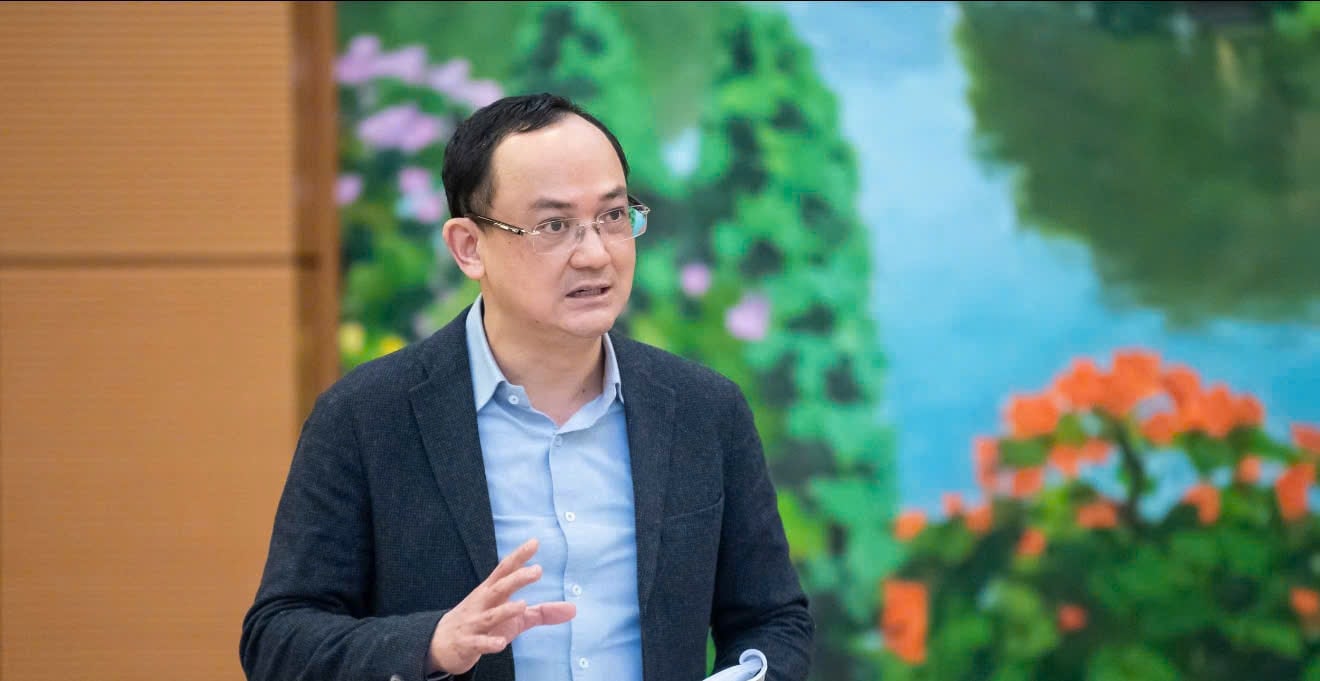
The forum is an open policy dialogue channel between the National Assembly - Government - experts, scientists, businesses...; creating a space for relevant subjects to exchange, debate, and share practical difficulties. This is a way to narrow the gap between legislation and practical life - production - business; helping the drafting agency "listen correctly - accurately - sufficiently" to the practical issues that are being raised; ensuring that the promulgated laws will actually enter life.
Through the Forum, we can detect early "bottlenecks", "gaps", and overlaps in the legal system. The work of law-making is being strongly innovated in both thinking and legislative process. The law only stipulates principles, the rest is left to the Government to stipulate in detail, many laws are intersecting (investment, land, environment, construction, planning, etc.), helping the drafting agency and the reviewing agency to promptly identify legal conflicts, unfeasible and inconsistent regulations. This is also a place for businesses and localities to reflect on difficulties in law enforcement; thereby, helping the National Assembly and the Government have a basis to amend and adjust the law, remove "the right bottlenecks", and reduce compliance costs.
In the current context, the Forum also contributes to improving the quality of law-making, taking practice as the standard; helping to affirm the viewpoint that "law-making must originate from the needs of life, not only from the will of state management agencies"; enhancing the transparency, ease of understanding, and implementation of laws; enhancing social consensus and accountability. The Forum will therefore create a mechanism to publicize policy issues under discussion; encourage the participation of people, associations, the business community... in the process of policy and law making.
In particular, the Forum will also contribute to promoting the spirit of the law to pave the way for innovation, digital economy, green economy, and circular economy; building a modern rule-of-law state, digital governance, with people and businesses at the center; creating a favorable and transparent investment and business environment; ensuring effective implementation of important strategic resolutions of the Party and the National Assembly as well as the orientation that "law must be a tool to guide development".
National Assembly Delegate Tran Khanh Thu (Hung Yen): Implementing the spirit of "going one step ahead" through promulgating breakthrough laws and resolutions
The National Assembly Standing Committee's organization of the Law-making Forum is of great significance. According to the program, at the Forum, we will comprehensively evaluate the law-making work since the beginning of the 15th National Assembly's term until now, focusing on innovating the thinking of law-making as well as the outstanding results in the National Assembly's legislative work, thereby drawing lessons and good practices to continue promoting and replicating.

At the same time, assess the limitations and points that need to be further improved, summarize theory and practice to propose orientations and solutions to continue improving the effectiveness of the National Assembly's legislative activities in the coming time, contributing to perfecting institutions and creating rapid and sustainable national development in the new era.
I believe that in the coming time, to innovate the work of building laws and institutions, and at the same time, raise voters' awareness and trust in the important role of the National Assembly in protecting the common interests and sustainable development of the country, it is necessary to synchronously deploy a number of measures.
Firstly , improve the capacity and finance for legal workers. Specifically, increase recruitment, training and promote highly qualified officials and civil servants in drafting, appraising and examining projects and draft legal documents; ensure budget and allocation mechanism for each task and law-making activity, including research, drafting and consultation. Along with that, develop policies to attract consultants, researchers and impact assessors to improve the quality of law projects, meeting practical requirements and national development strategies.
Second , improve processes and digitize to increase professionalism and transparency. Accordingly, apply standardized and transparent processes in proposing, drafting, appraising and publishing draft laws; at the same time, promote social consultation to collect opinions of voters and stakeholders. Digitize and use information technology to help shorten drafting time, increase traceability and minimize errors. Evaluate and decide on completed products according to set standards, with the head of the agency responsible, as prescribed in Article 5 of Resolution No. 197/2025/QH15.
Third , implement the spirit of "going one step ahead" by proposing breakthrough laws and resolutions that respond to new development trends (digital technology, artificial intelligence, environmental protection). Organize strategic research and forecast the impact of draft laws before submitting them to the National Assembly, to ensure feasibility and practical effectiveness. In addition, promote the mechanism of "proposing laws from the grassroots", thereby creating a legal environment that is "ahead" of social needs.
Fourth , strengthen communication and education so that voters understand the legislative role of the National Assembly and actively participate in the law-making process. In particular, publicize and widely communicate the stages of law-making (proposal, consultation, approval) through mass media channels and digital platforms. Organize seminars, forums, quarterly reports on the progress and content of draft laws; train and educate voters on the law through civic education programs, brief guidance documents, and videos explaining the role of the National Assembly in legislation and supervision. Encourage voters to participate in consultation by providing online tools to submit comments, suggestions, and monitor the results of processing, creating a spirit of "jointly building" laws.
National Assembly Delegate Nguyen Thi Viet Nga (Hai Phong): Important "convergence point", early detection of institutional shortcomings
First of all , this Law-making Forum will create a multi-dimensional policy exchange space at the national level. Participants in the Forum include key leaders of the National Assembly, the Government, the Law and Justice Committee, National Assembly agencies, central and local ministries and branches as well as a large number of researchers and the business community. This is a very rare structure in daily legislative activities. When the subjects of the policy-making process exchange in an academic and transparent spirit, policy gaps, overlaps between laws and sub-laws, conflicting regulations between fields, etc. will be seen more clearly. The Forum, therefore, is an important "convergence point" to detect early institutional shortcomings before they become barriers to development.

Second , the Forum is an organized policy-criticism channel that helps improve the quality of legislation. Law-making in the new context requires modern legal thinking, long-term vision and a strong reform spirit. The Forum is the place where these complex issues are discussed in depth, providing scientific and practical arguments, thereby supporting the National Assembly and the Government to make more accurate decisions in perfecting legal policies.
Second , the Forum is an organized policy-criticism channel that helps improve the quality of legislation. Law-making in the new context requires modern legal thinking, long-term vision and a strong reform spirit. The Forum is the place where these complex issues are discussed in depth, providing scientific and practical arguments, thereby supporting the National Assembly and the Government to make more accurate decisions in perfecting legal policies.
Third , the Forum contributes to enhancing publicity, transparency and accountability in legislative activities. When opinions from many different subjects are heard, the law-making process will limit regulations that are unfeasible or far from reality. This broad participation helps strengthen society's trust in legislative activities, and at the same time, demonstrates the spirit of innovation in "taking practice as a measure".
Fourth , the Forum is also a channel to spread the spirit of institutional reform, helping to create consensus in the political system and the whole society. The Forum is an important intermediate step, where major orientations are "translated" into specific requirements of the legal system. From there, it creates a foundation for unified thinking among agencies in the process of drafting, reviewing and promulgating laws.
In the context of the country entering a new stage of development with very high requirements for institutional reform, this Law-making Forum will play the role of an “accelerator”, connecting knowledge, practice and policy making. This is an essential space for law to truly become a driving force for development, and for the voice of the People through National Assembly deputies to be transformed into correct, timely and sustainable decisions.
National Assembly Delegate Nguyen Minh Tam (Quang Tri): An important "piece" in the picture of innovation in thinking about law-making
In the implementation of legislative work in recent times, the 15th National Assembly has had many innovations and specific movements such as: the process of formulating a law and ordinance development program has been tightened; the requirement to summarize implementation, assess policy impacts, and solicit public opinions has been emphasized much more than before; the review and criticism activities of the Committees have become more in-depth; the role of full-time National Assembly deputies has been better promoted. At the National Assembly delegation level, we have organized many conferences to comment on draft laws, inviting departments, branches, localities, business associations, experts, etc. to participate from the beginning, not waiting until the last minute to "run after" the draft.

In particular, the most obvious change in the thinking of law-making recently is that we have strongly shifted from the thinking of "tight management" to the thinking of "creating development, taking people and businesses as the center".
However, if we look closely, we will see that the legal system and the law-making process still have points that need to be innovated. Therefore, this Law-making Forum will be an important "piece" in that innovation picture.
The forum is very important because it will conduct exchanges, discussions, and comprehensive assessments of the law-making work since the beginning of the 15th National Assembly's term. Here, we will not only talk about the content of the law, but also dialogue about how to make laws, how to bring laws into life, to see very clearly: the new legislative thinking does not stop at "passing enough programs", but also creating laws that "live" with life, are easy to understand, easy to implement, and are agreed upon by the people and the grassroots.
On the other hand, through this first-ever Law-making Forum, a new approach will be more clearly demonstrated: Bringing law-making agencies, law enforcement agencies, National Assembly delegations and subjects affected by the law together to dissect and analyze the “hot” issues of enforcement practice. I sincerely hope that such a dialogue model will be maintained more regularly, directly linked to each specific law project.
Innovation in legal development thinking is not just about changing the wording in the process, but about changing from “thinking” to “doing”; from “tight management” to “creating and serving development”; from “top-down proposals” to “policies that come from life”; from “once built, it’s done” to “building - implementing - monitoring - adjusting is a continuous cycle”.
In the coming time, we must consider policy making and analysis as the "heart" of the legislative process; further innovate methods of social consultation and criticism; more closely link law making with law enforcement and dissemination; and invest appropriately in law makers and resources for law making.
Source: https://daibieunhandan.vn/dien-dan-xay-dung-phap-luat-lan-thu-nhat-lan-toa-manh-me-tinh-than-doi-moi-tu-duy-lap-phap-chu-dong-kien-tao-va-dan-dat-su-phat-trien-10396644.html










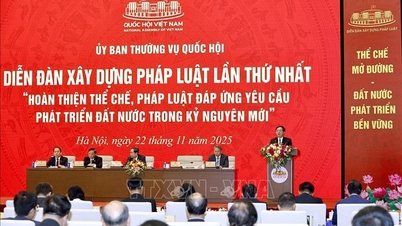

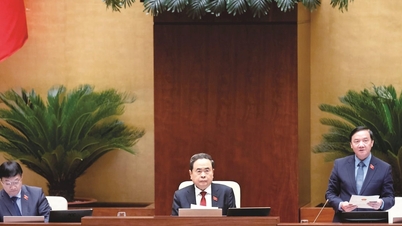
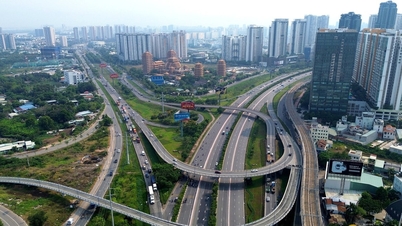
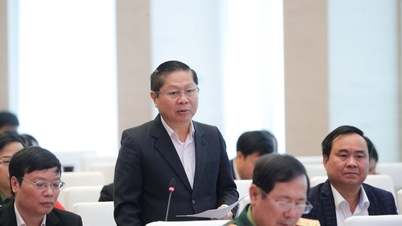
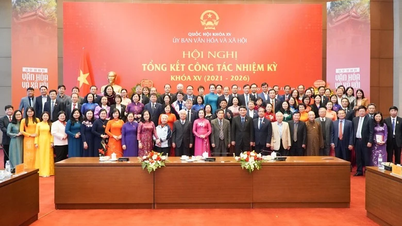

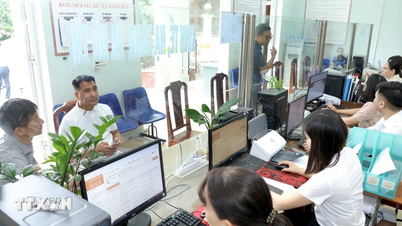

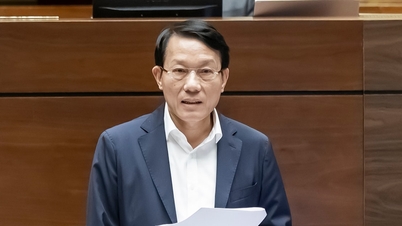
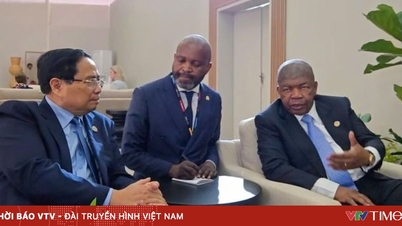

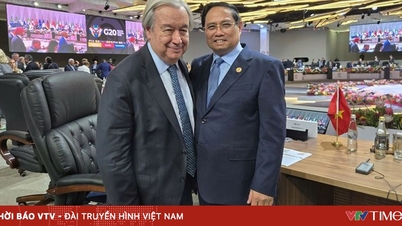




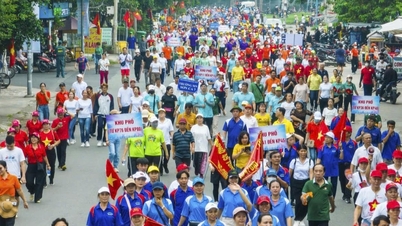
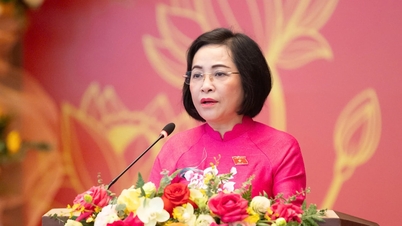
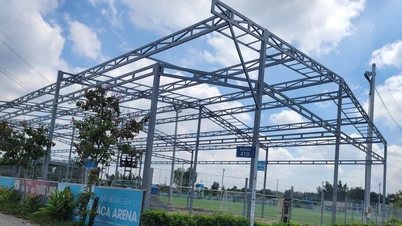

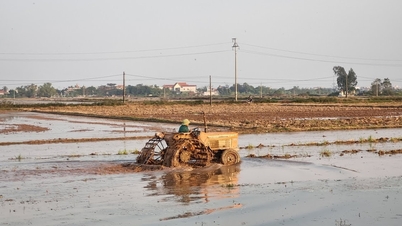





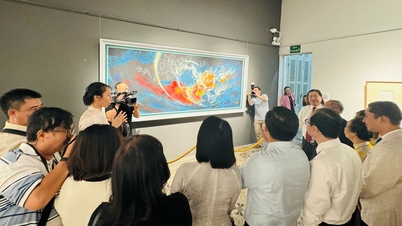







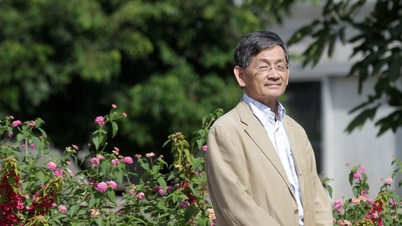

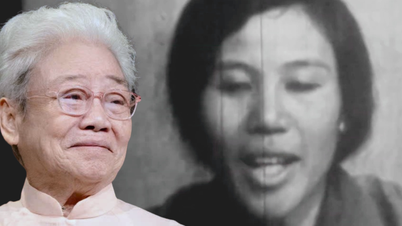

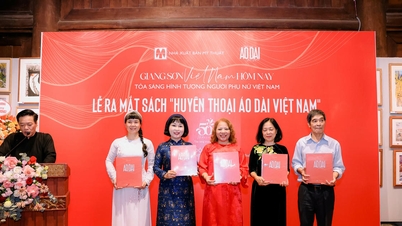
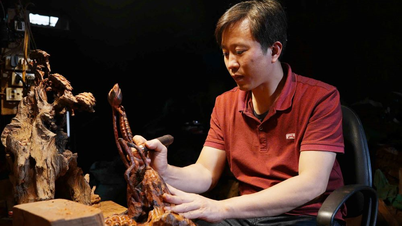
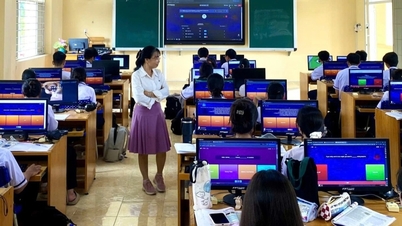
















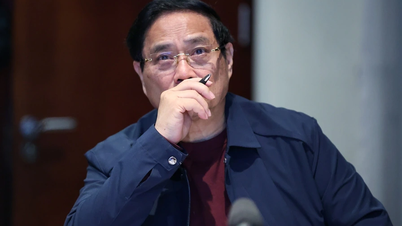
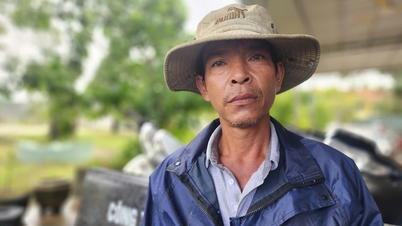
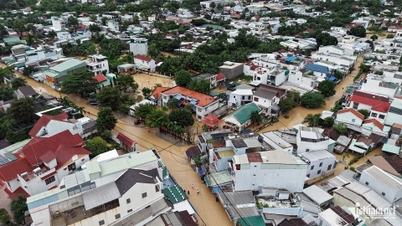



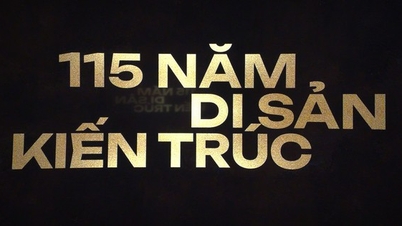

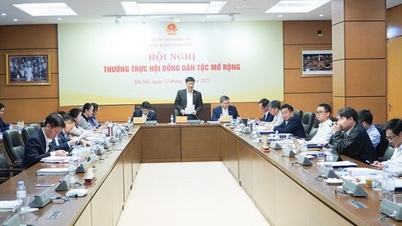
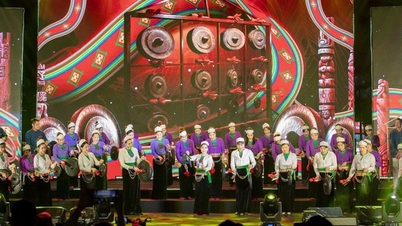



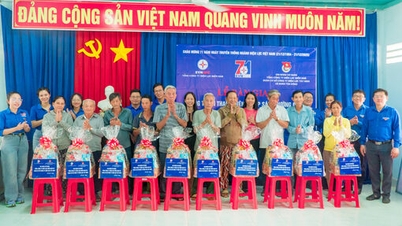

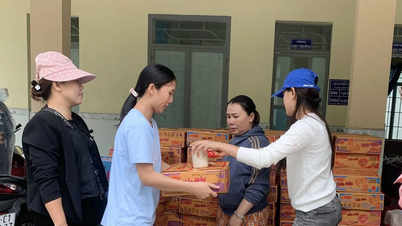

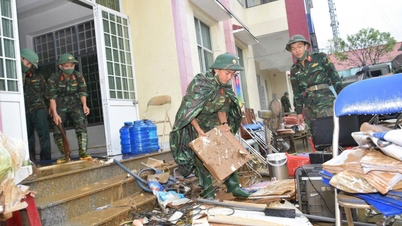

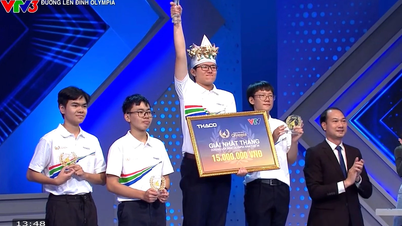
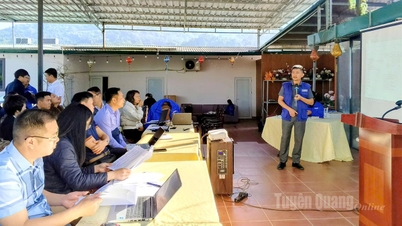

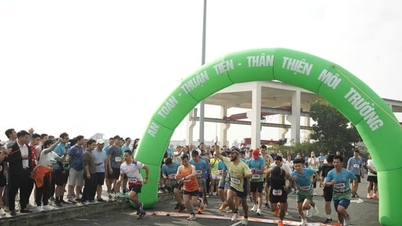















Comment (0)